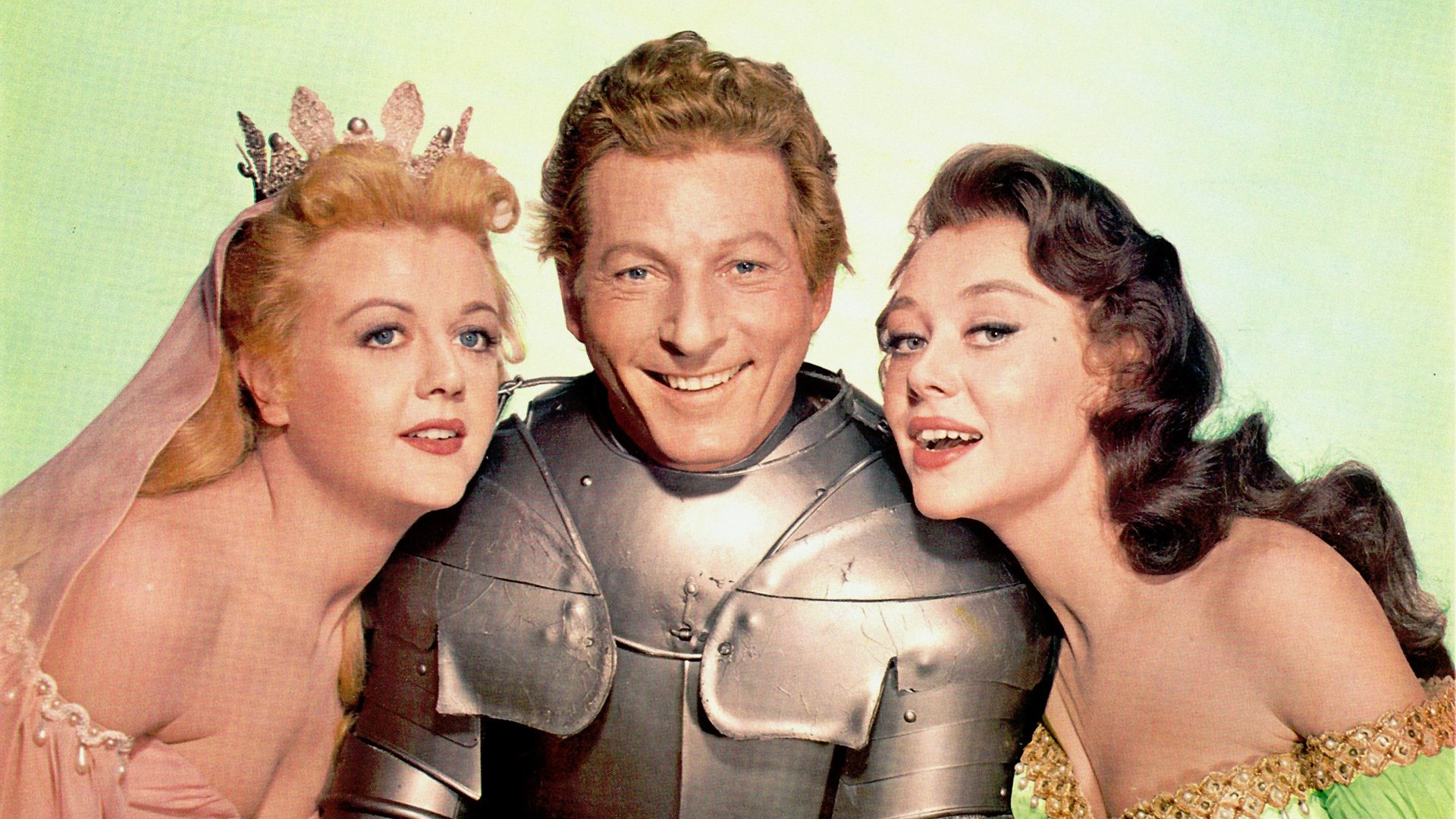

Everything is going to be ok.When I was a lad, I was gloomy and sad / As I was from the day I was born / When other babes giggled, and gurgled and wiggled / I proudly was loudly forlorn. You can catch us here every day, and remember that the rumors of grace, forgiveness, and the redemption of all things are true. The show is written and read by Dan van Voorhis. The show is produced by a man who is Still standing/Better than he ever did/Looking like a true survivor/Feeling like a little kid, Christopher Gillespie. This has been the Christian History Almanac for the 1st of February January 2021 brought to you by 1517 at. “The essence of Christianity consists therein: that the creation of the Father, destroyed by sin, is again restored in the death of the Son of God and recreated by the grace of the Holy Spirit to a Kingdom of God.” This is Bavinck’s beautiful and succinct expression of the Good News: The last word for today comes from another Dutchman, Herman Bavinck. Nonetheless, his approach to the mindset, religious, amorous, chivalric of the era ushered in a cultural and social history that would revolutionize Medieval, Renaissance, and Early Modern History.įun fact: on YouTube, there is a musical group called Johann and the Huizinga’s, and they cover Elton John’s “I’m Still Standing.” Don’t sleep on those Dutch Mennonites! From Menno Simons to Johann Huizinga, who we remember on the day he died, under Nazi house arrest, on the 1st of February in 1945. In recent years the cultural decay described by Huizinga has been corrected with studies of the Dutch economy and the early southern Renaissance in Italy. Using contemporary chronicles, art, and poetry, Huizinga attempted to eschew the newer so-called “scientific history” in favor of a humorous writing style and broad interpretive theories based on aesthetics. Historians have suggested the parallels between Huizinga’s context and his pessimistic perceptions of a late Medieval culture witnessing its cataclysmic destruction, albeit slower. He wrote this book about the decadence and violence of Northern medieval life while witnessing the violence of the first World War. “Herfsttijj” is literally “Autumn tide,” and various translations have rendered the title as the “waning” of the Middle Ages, the “Autumn” of the Middle Ages, or literally “Autumn tide” in the new 2020 edition. The result of this work was the epoch-making “Herfsttij der Middeleeuwen.” I give the title to you in Dutch because translating it has been a century-long debate. Unfortunately, Sanskrit wasn’t selling, and so Huizinga shifted his attention to Medieval studies, especially the Burgundian Court in the Low Countries in the 14th and 15th centuries. He wrote his doctoral thesis on what was essentially the ancient Indian court jester. (Remember the importance of “believer’s baptism” for Menno and his Anabaptist compatriots.) He attended the state university at Groningen and the University of Leipzig, where his fascination with what was then called the Dutch East Indies (now Indonesia) led to his study of ancient Sanskrit. In 1891 he was baptized in his Mennonite community. Johann Huizinga died on the 1st of February in 1945. Liberation would come, but not until May. The grandson of a Mennonite Pastor, Huizinga wrote out eleven prayers for his country and fellow countrymen in these dark hours. Huizinga had written the monumental “The Autumn of the Middle Ages.” He wrote a fascinating biography on Erasmus (another Dutch scholar) and essays on everything from America to fascism to a scholarly treatise on the act of play. Through the winter of 19, the preeminent historian of the Middle Ages, Johann Huizinga, was holed up under house arrest by Nazi’s just outside the village of Arnhem. The battle was a failure for the Allied cause. I bet it would have been more popular if it wasn’t released in 1977, two weeks after Star Wars premiered.

It’s an epic telling of this operation with a ridiculously packed cast.
The court jester cast movie#
Richard Attenborough’s 1977 “A Bridge Too Far,” a film about the operation, might be the best war movie you’ve never seen. If you’ve seen HBO’s “Band of Brothers,” this is in the 4th episode. After D-Day, Allied troops attempted an end-around through the Nazi-occupied Netherlands and into the German Ruhr Valley. At the time, it was the largest air offense in history. You don’t need to be a WW2 buff to know this famous battle. But rather than observing the massacre at Münster as Menno Simons did, our remembrance today concerns a dying man in the village of Arnhem during Operation Market Garden.

Today, for the second day in a row but 400 years apart, we find ourselves with a Mennonite in the Netherlands. Welcome to the Christian History Almanac brought to you by 1517 at.


 0 kommentar(er)
0 kommentar(er)
